i guess the real "Parasitic Mind" was the friends we made along the way
Our position as the international hegemon is definitely in decline, but yeah outright collapse doesn't seem likely.
Look at Britain; just a century ago they were in the position we are in now. They're no longer at the head of global empire, but all their political structures and institutions still exist today prettymuch unchanged.
90 minuets? This guy needs a movie's worth a screen time to... what, warble about how awful it is that art is getting critical analysis?
Nobody has clocks on their walls anymore 
I like it, but I like the name "gravity battery" even better.
This really hurts to watch.
Not sure. I use a credit union and they don't, but that may not be a good indicator for general practices.
Go to your bank and ask for a cashier's check, (make sure your info is in the memo). With a cashier's check, the bank takes the money out of your account immediately, so whenever the agency cashes the check, they're taking the money from the banks account.
I think the couple that leaked microfilm detailing how to make a nuke to the USSR are heroes of the globe.
less weird than still being on twitter at this point
You're gonna have to explain to millions of women across the country why there is a national abortion ban and they no longer have a constitional, fundamental right to an abortion.
The democrats had the house, senate, and presidency when Dobbs went into effect. They didn't even try to enact a legislative solution. Fuck off.
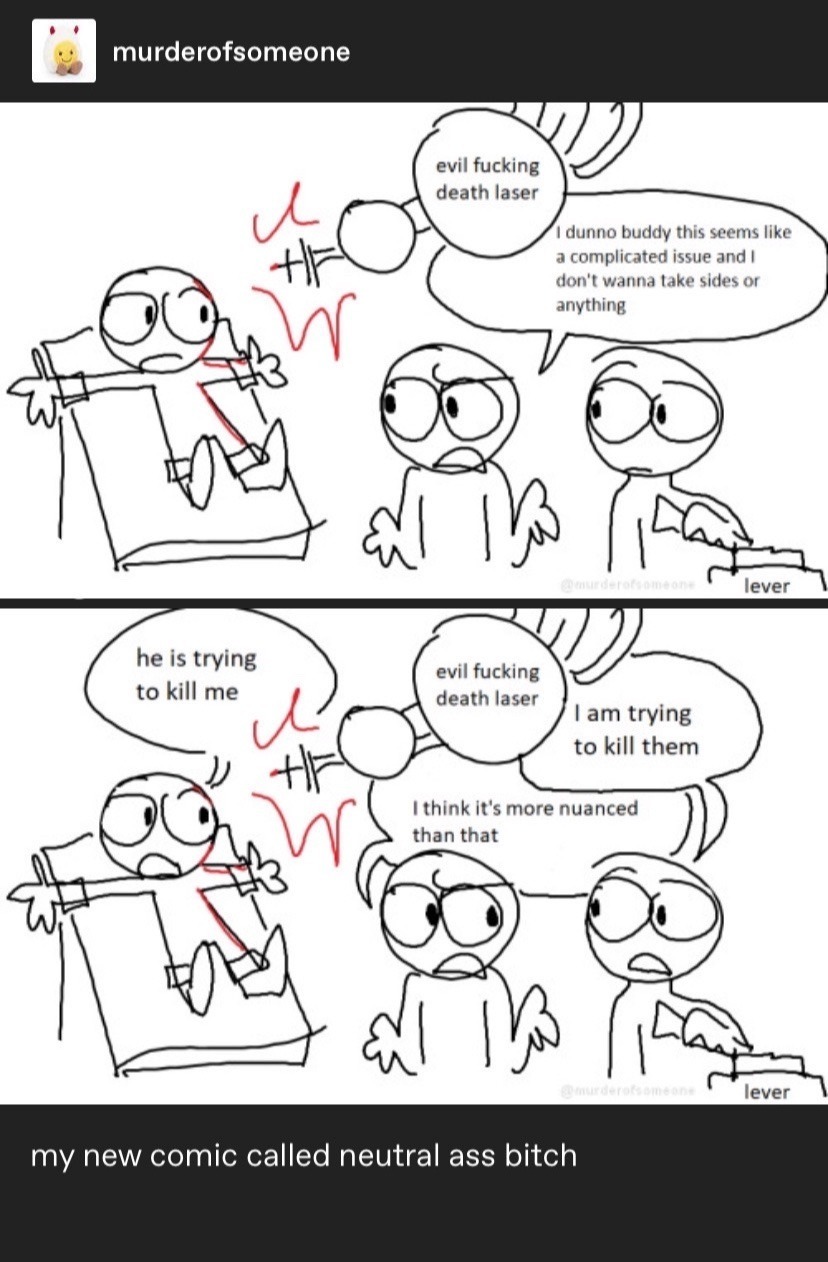

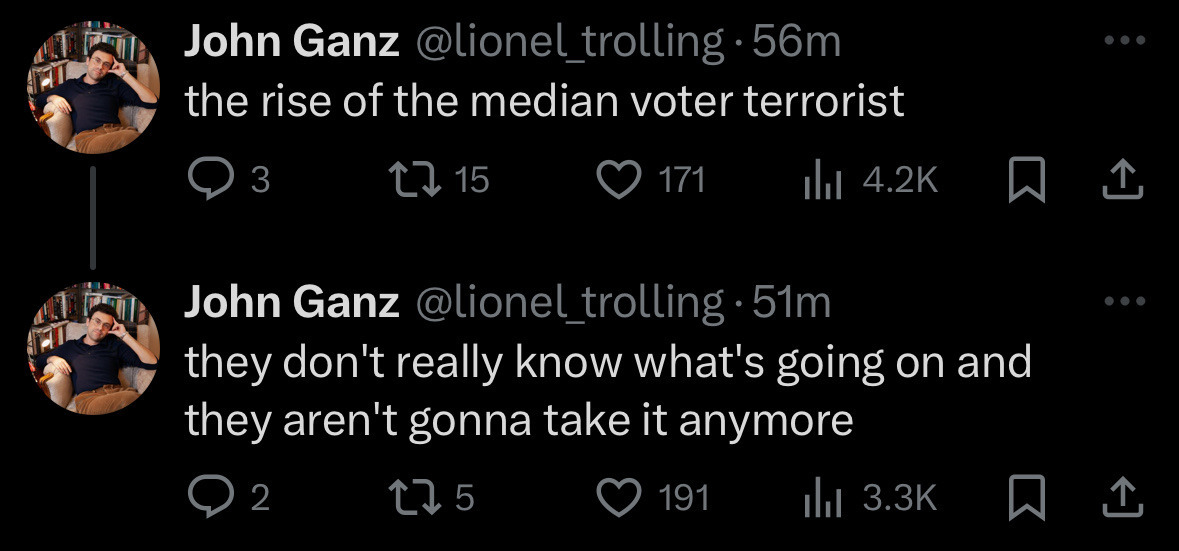
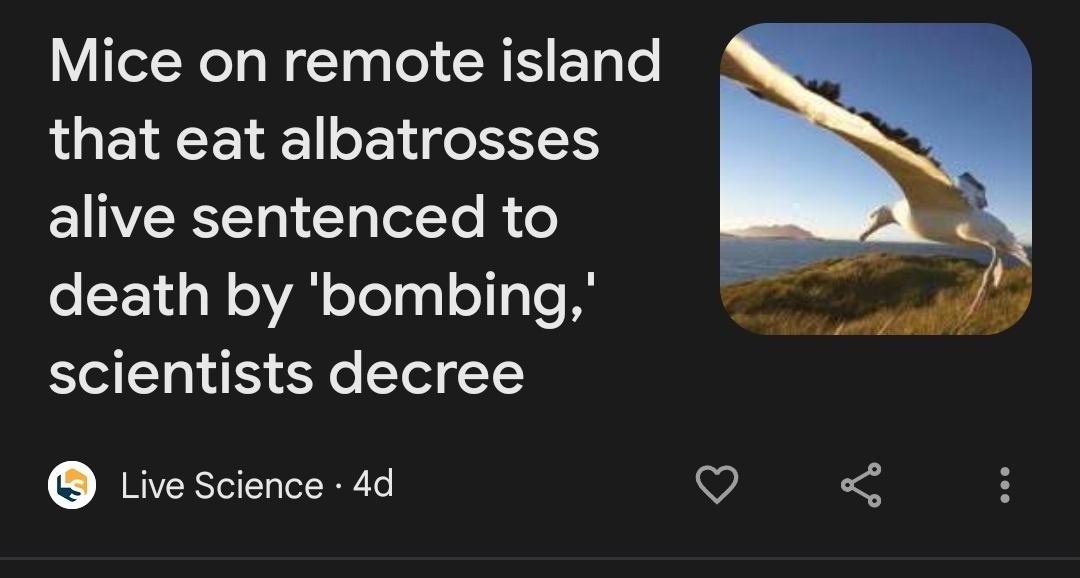

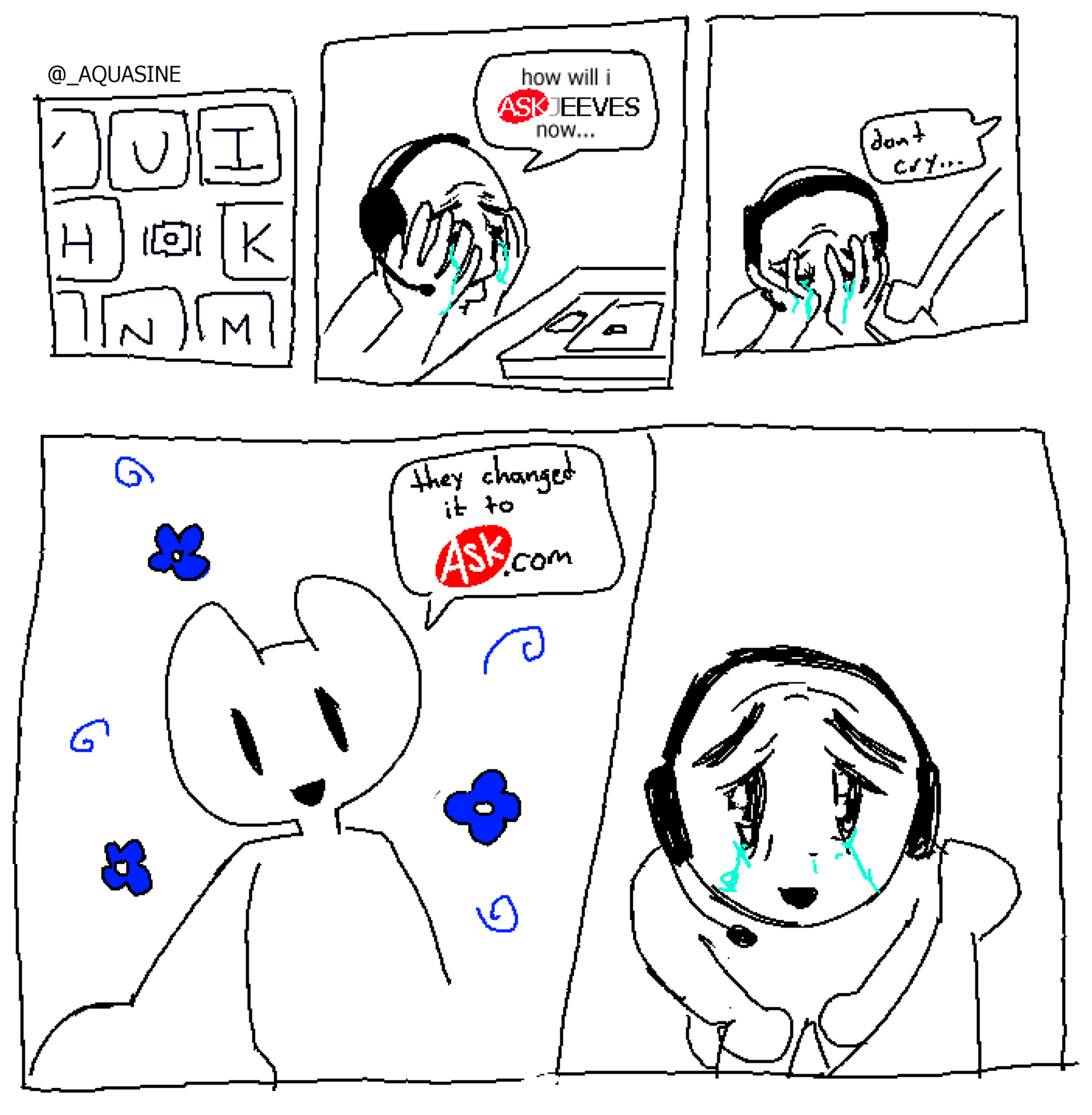
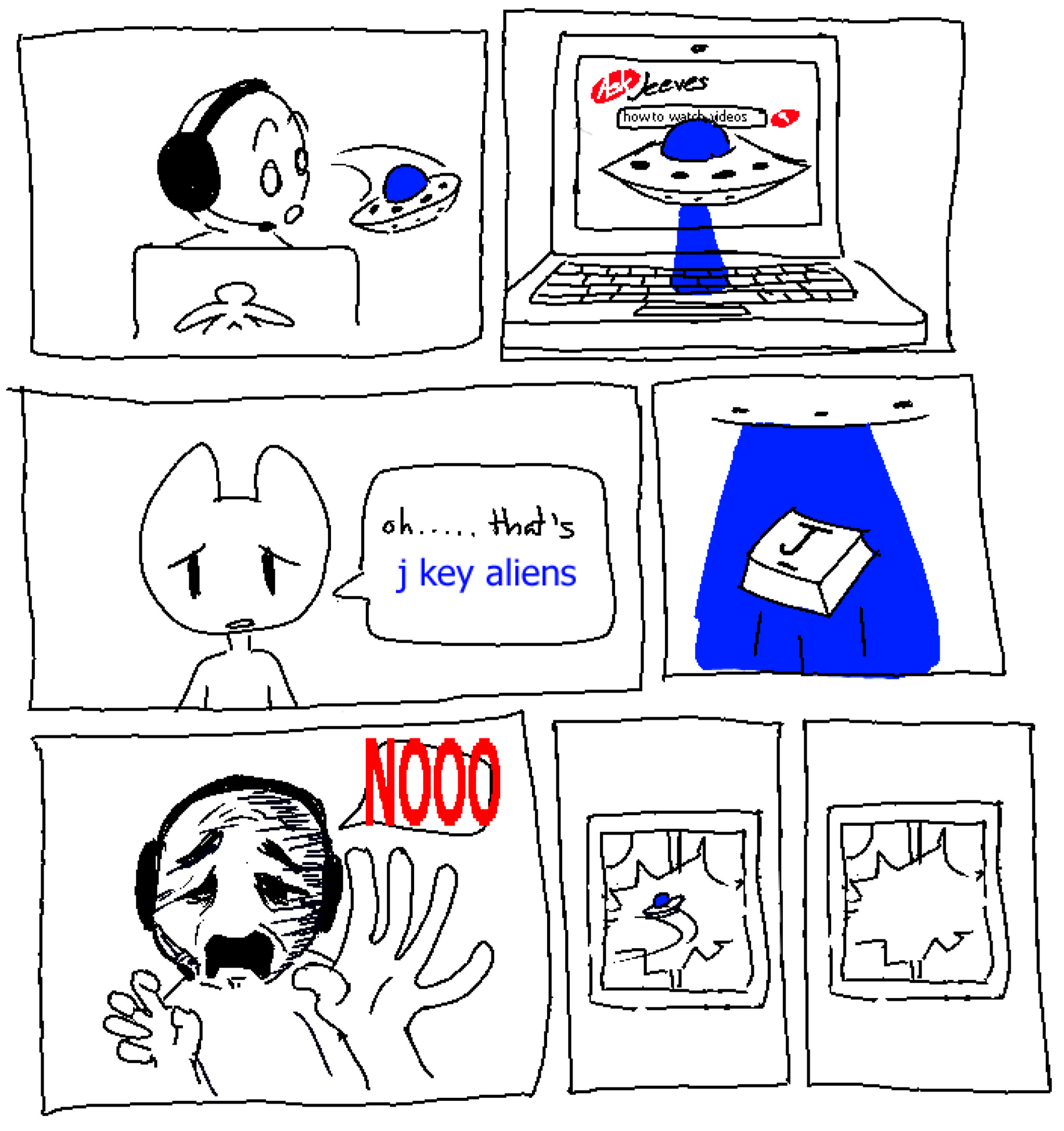

is that a real legal classification? It sounds mythological. Like, there must be more credible sightings of Moth-man than there are "reasonable investors".